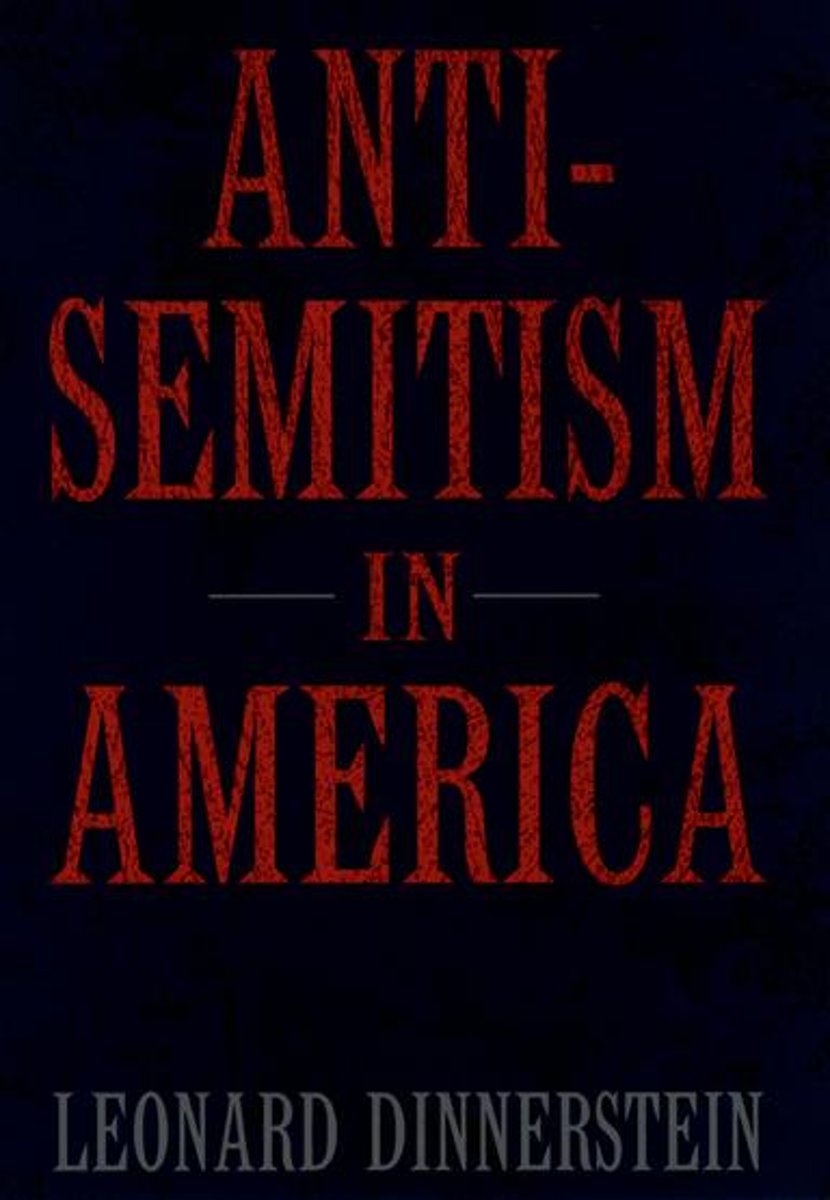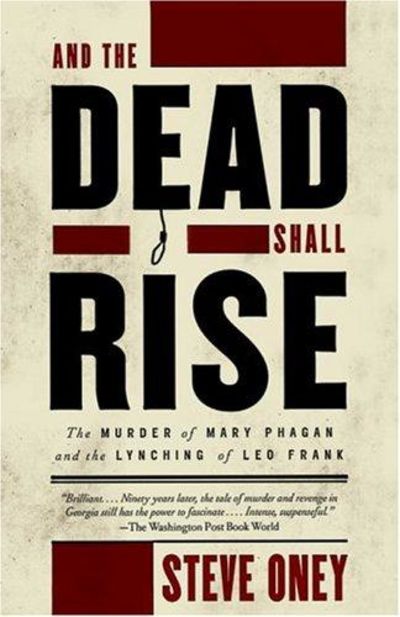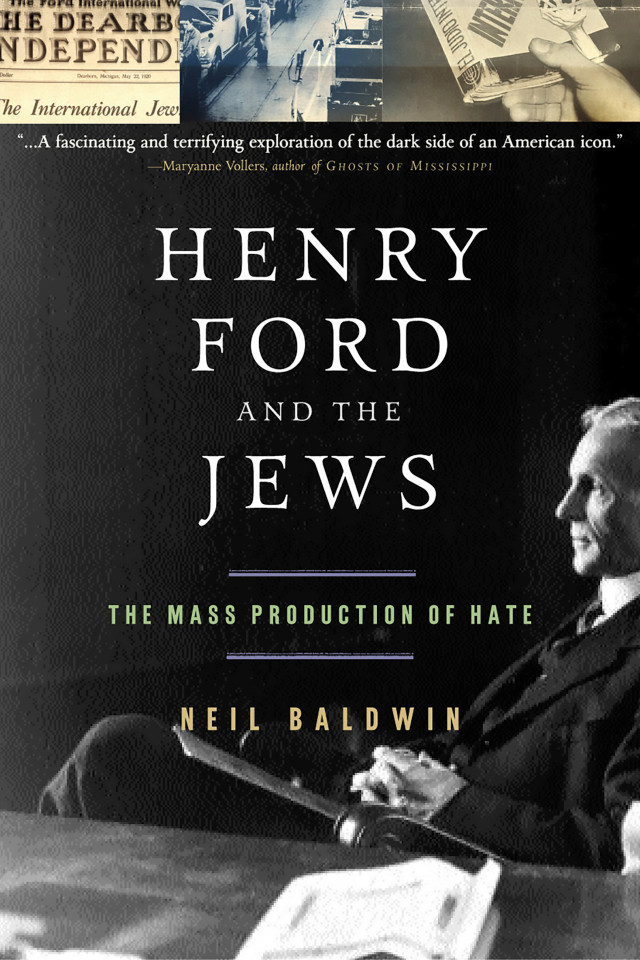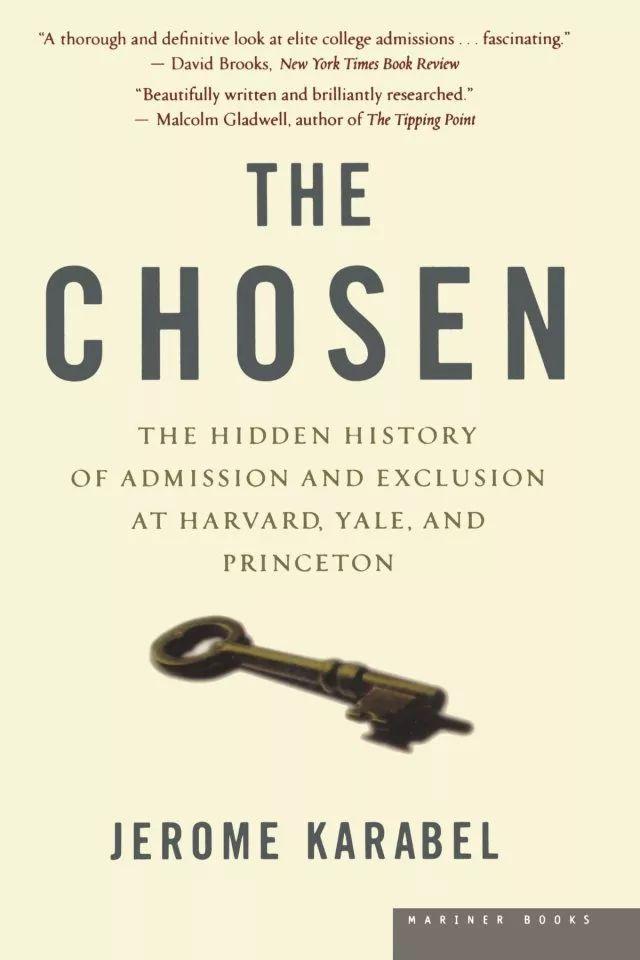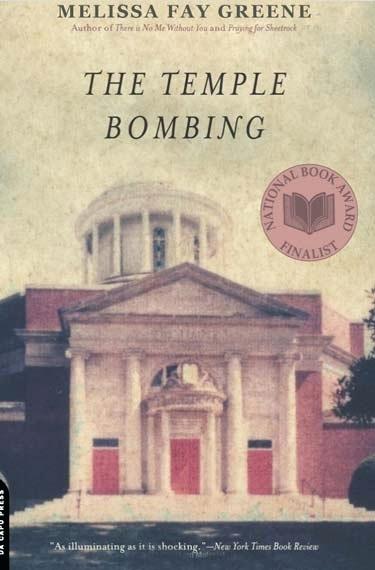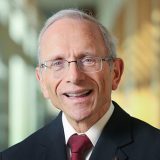With the U.S. House of Representatives set to vote on a resolution condemning anti-Semitism, I thought it would be a good time to recommend some background reading.
The congressional vote comes in response to controversial statements by Rep. Ilhan Omar, D-Minn., about Israel and American Jews.
Here are my suggestions:
“Antisemitism in America“
By Leonard Dinnerstein
Exactly one comprehensive scholarly history of American anti-Semitism exists and this is it. Dinnerstein chronicles all aspects of anti-Semitism in American history from the colonial period to the 1990s. He situates anti-Semitism within the context of Christian hostility toward Jews, and compares hatred of Jews with other forms of American animus.
“And the Dead Shall Rise: The Murder of Mary Phagan and the Lynching of Leo Frank“
By Steve Oney
Until Pittsburgh, the most notorious anti-Semitic incident in American history was the lynching of Leo Frank just outside Atlanta on Aug. 17, 1915. Frank had been charged with the murder of 13-year-old Mary Phagan two years earlier, and his trial took place in an atmosphere poisoned by virulent anti-Semitism.
A terrorized jury found Frank guilty, but the judge and later the governor thought the evidence unconvincing; the sentence was commuted. Outraged citizens, stirred up by the demagogic Thomas E. Watson, broke into the jail, seized Frank and lynched him. Only later was the true culprit identified.
Journalist Steven Oney spent many years investigating this tragedy, and his book—written like an epic novel—peels away its many layers and provides the definitive story, replete with ironies, paradoxes and horrors.
“Henry Ford and the Jews: The Mass Production of Hate“
By Neil Baldwin
For 91 successive weeks beginning on May 22, 1920, automaker Henry Ford’s newspaper, The Dearborn Independent, purported to describe an international Jewish conspiracy based on the notorious anti-Semitic forgery known as “The Protocols of the Elders of Zion.”
“The International Jew,” drawn from the series and four volumes in length, reprinted these scurrilous charges. Hundreds of thousands of copies were distributed and included such fantastic claims as “Rule of the Jewish Kehillah Grips New York” and “Jewish Jazz Becomes Our National Music.”
Only in 1927, under intense economic and legal pressure, did Ford publicly recant and apologize, but by then the damage had been done. Neil Baldwin recounts the story of Ford’s anti-Semitism from its roots in his childhood to its repercussions in the 1930s. His is the definitive account of Ford’s anti-Semitism, with implications that extend to our own day.
“The Chosen: The Hidden History of Admission and Exclusion at Harvard, Yale, and Princeton“
By Jerome Karabel
For decades well into the 20th century, America’s Ivy League universities restricted Jews through a strict quota system that kept their numbers down. Social discrimination against Jews was common in those days, but until sociologist Jerome Karabel gained access to the archives, the full story of how some of America’s best universities discriminated against Jews (and blacks, women and others) had never fully been told. Among other things, the book makes clear why the founders of Brandeis University insisted, 70 years ago, that it would follow a different path and base admissions upon merit.
“The Temple Bombing“
By Melissa Fay Greene
In the early morning hours of Oct. 12, 1958, exactly 60 years to the month before the massacre of 11 Jews in Pittsburgh’s Tree of Life synagogue, a nitroglycerine bomb equal to 50 sticks of dynamite tore apart the temple, the oldest and most distinguished Reform congregation in Atlanta. Greene’s book recounts in meticulous detail the story of this notorious synagogue bombing, contextualizing it within the struggle for civil rights and the tumultuous transformation of the South in the wake of court-ordered desegregation. One of her chapters quotes the courageous Ralph McGill, editor of the Atlanta Constitution, in an editorial published in the bombing’s wake: “When the wolves of hate are loosed on one people,” he wrote, “then no one is safe.”
This post has been contributed by a third party. The opinions, facts and any media content are presented solely by the author, and JewishBoston assumes no responsibility for them. Want to add your voice to the conversation? Publish your own post here. MORE



